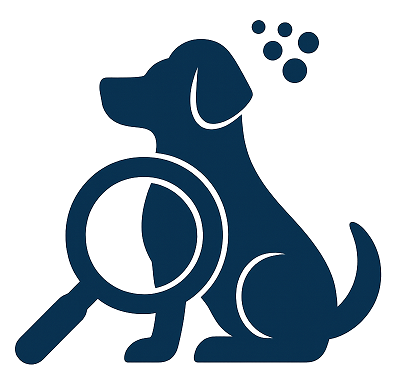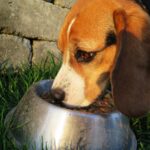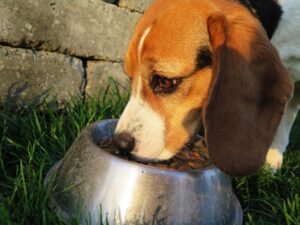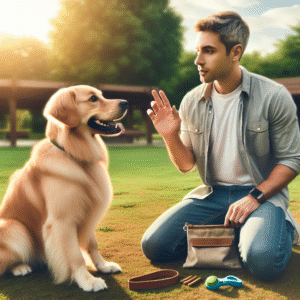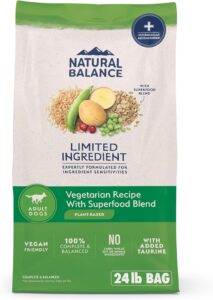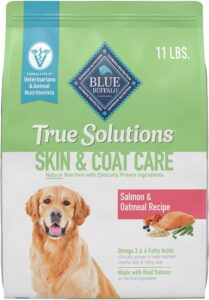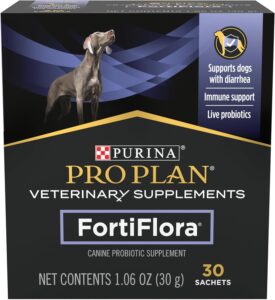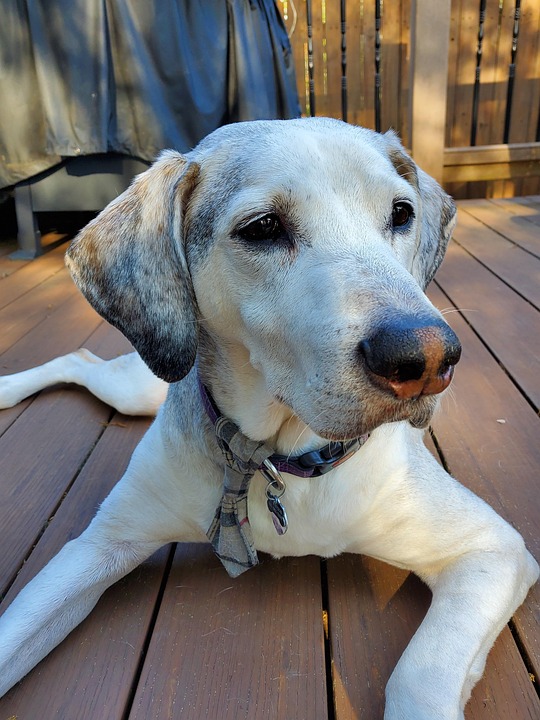
As our beloved canine companions age, their nutritional needs change significantly. Senior dogs require a diet that supports their aging bodies, helps manage weight, and addresses specific health concerns. Providing the right nutrition can enhance their quality of life and extend their time with us. This guide will cover the essential aspects of senior dog nutrition to help you make informed decisions for your aging pet.
Understanding the Nutritional Needs of Senior Dogs
As dogs enter their senior years, typically around seven years of age for most breeds, their metabolism slows down, and they become less active. This change necessitates a shift in their dietary requirements. Key nutritional considerations for senior dogs include:
Protein
Senior dogs still need adequate protein to maintain muscle mass and support bodily functions. However, the protein source should be easily digestible to ensure maximum absorption. High-quality animal proteins such as chicken, turkey, and fish are excellent choices.
Fat
Older dogs require less fat in their diet to prevent obesity, a common issue in senior dogs due to reduced activity levels. Opt for moderate fat content while ensuring the inclusion of essential fatty acids like omega-3 and omega-6, which support joint health and coat condition.
Fiber
Increased fiber is beneficial for senior dogs as it aids digestion and helps maintain healthy bowel movements. Fiber-rich foods like sweet potatoes, pumpkin, and certain grains can help prevent constipation and promote gut health.
Vitamins and Minerals
Aging dogs may require additional vitamins and minerals to support their immune system, bone health, and overall vitality. Key nutrients include vitamin E, vitamin C, glucosamine, chondroitin, and calcium. Consult your veterinarian for specific recommendations based on your dog’s health status.
Antioxidants
Antioxidants play a crucial role in combating oxidative stress and inflammation in aging dogs. Ingredients like blueberries, spinach, and carrots are rich in antioxidants and can be included in your dog’s diet to support their overall health.
Choosing the Right Commercial Senior Dog Food
When selecting commercial dog food for your senior pet, consider the following factors:
Quality of Ingredients
Examine the ingredient list to ensure the presence of high-quality proteins and a balance of essential nutrients. Avoid foods with excessive fillers, artificial preservatives, and by-products.
Caloric Content
Senior dogs generally require fewer calories due to decreased activity levels. Look for dog foods labeled as “senior” or “weight management” to help maintain a healthy weight.
Specialized Formulas
Some senior dogs may have specific health issues such as arthritis, kidney disease, or heart problems. Specialized formulas designed to address these conditions can be beneficial, but always consult your veterinarian before making dietary changes.
Palatability
Older dogs may experience a reduced sense of smell and taste, making it important to choose a food that is both nutritious and appealing. Adding warm water or low-sodium broth can enhance the aroma and flavor of their meals.
Homemade Diets for Senior Dogs
For pet owners who prefer preparing homemade meals, it’s crucial to ensure a balanced and complete diet. Here are some guidelines:
Consult a Veterinarian or Pet Nutritionist
Before transitioning to a homemade diet, consult a veterinarian or a certified pet nutritionist to develop a tailored meal plan that meets your dog’s specific needs.
Variety and Balance
Incorporate a variety of protein sources, vegetables, and grains to ensure a balanced diet. Examples of suitable proteins include chicken, turkey, lean beef, and fish. Vegetables like carrots, peas, and green beans offer essential vitamins and minerals.
Supplements
Homemade diets may require additional supplements to ensure nutritional completeness. Common supplements include fish oil for omega-3 fatty acids, calcium for bone health, and multivitamins for overall well-being.
Monitoring Your Senior Dog’s Health
Regular monitoring of your senior dog’s health is crucial to ensure their nutritional needs are being met. Consider the following:
Regular Veterinary Check-Ups
Schedule regular veterinary check-ups to assess your dog’s overall health and address any emerging issues. Blood tests, dental exams, and weight checks are essential components of senior dog care.
Weight Management
Monitor your dog’s weight regularly to prevent obesity or underweight issues. Adjust their diet and exercise routine as needed to maintain a healthy weight.
Behavioral Changes
Pay attention to any changes in your dog’s behavior, energy levels, or appetite, as these can indicate underlying health issues. Promptly address any concerns with your veterinarian.
Joint and Mobility Support
Many senior dogs experience joint stiffness or arthritis. Consider incorporating joint supplements like glucosamine and chondroitin into their diet to support mobility.
Conclusion
Providing optimal nutrition for senior dogs is essential for enhancing their quality of life and promoting longevity. By understanding their unique nutritional needs and monitoring their health, you can ensure your aging companion remains happy and healthy in their golden years. Always consult with a veterinarian to tailor a diet that best suits your senior dog’s individual health requirements.
Additional Tips for Senior Dog Care
Exercise
While senior dogs may not have the same energy levels as their younger counterparts, regular exercise is still important. Short, gentle walks and low-impact activities can help maintain muscle mass and prevent obesity.
Hydration
Ensure your senior dog has access to fresh, clean water at all times. Proper hydration supports kidney function and overall health.
Dental Care
Dental health is crucial for overall well-being. Brush your dog’s teeth regularly and provide dental chews or toys to help maintain oral hygiene.
Comfortable Living Environment
Create a comfortable living space for your senior dog with soft bedding and easy access to food, water, and outdoor areas. This can help reduce stress and promote relaxation.
By incorporating these nutritional and lifestyle considerations, you can help your senior dog enjoy a fulfilling and healthy life. Remember, every dog is unique, so it’s essential to tailor their care to their specific needs and consult with a veterinarian for personalized advice.
#ChatGPT assisted in the creation of this article.
